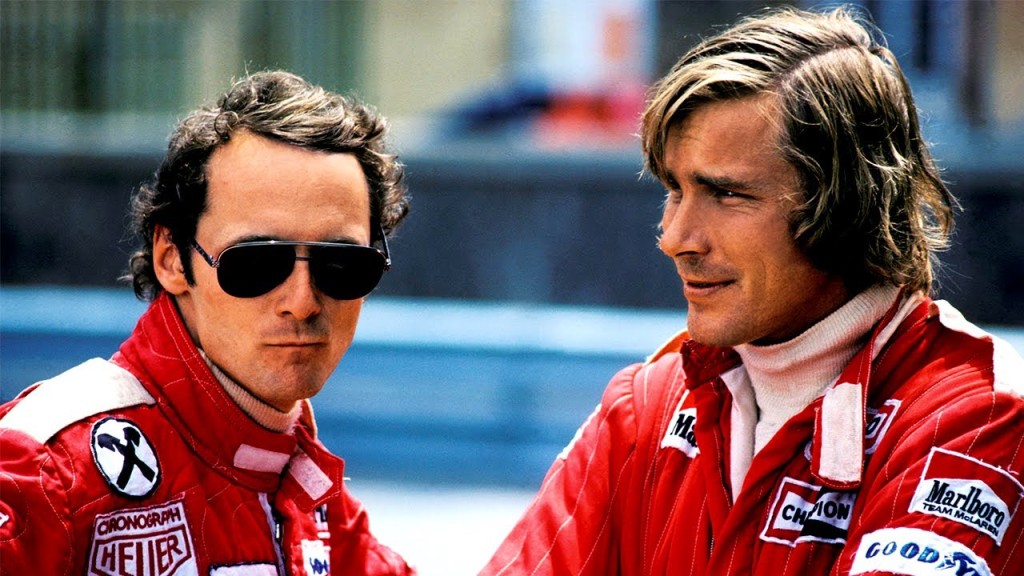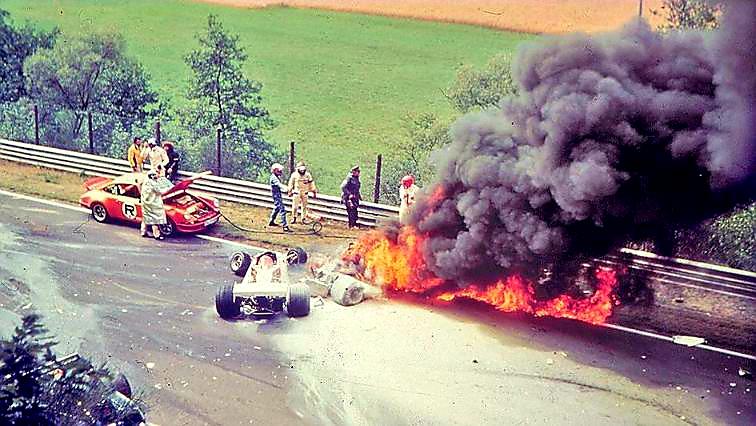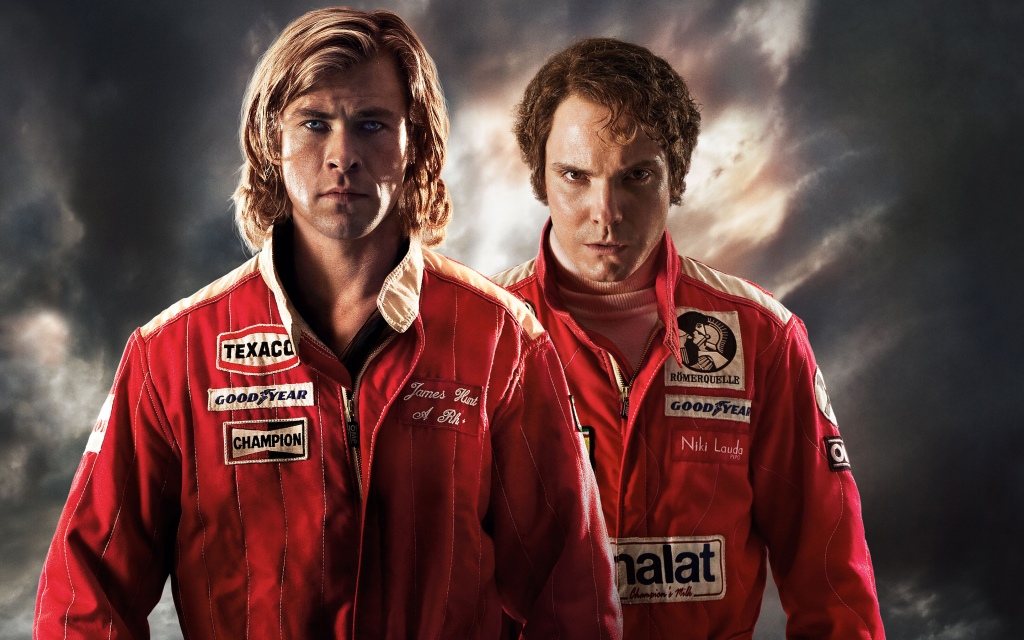
The rivalry between James Hunt and Niki Lauda is one of the most iconic stories in Formula 1 history. It’s a tale of contrasting personalities, fierce competition, and mutual respect that transcended the sport. This legendary battle between the British playboy and the methodical Austrian not only captivated fans in the 1970s but also inspired a major Hollywood film decades later.
The Rise of Two Legends
James Hunt and Niki Lauda both made their mark on Formula 1 in the mid-1970s. Hunt, with his flamboyant style and off-track antics, was the epitome of a rock-star driver. His charisma and rebellious nature made him a fan favorite, but his raw talent and fearless driving were what truly set him apart.
In stark contrast, Niki Lauda was the embodiment of precision and discipline. Known for his meticulous approach to racing and incredible technical knowledge, Lauda’s driving style was calculated and efficient. His dedication to the sport and relentless pursuit of perfection earned him the nickname “The Computer.”

The 1976 Season: A Year of Drama
The rivalry between Hunt and Lauda reached its peak during the 1976 Formula 1 season, a year that would go down in history for its drama and intensity. Lauda, driving for Ferrari, started the season strong, dominating the early races and building a substantial lead in the championship standings.
However, the season took a dramatic turn at the German Grand Prix at the Nürburgring. Lauda suffered a horrific crash that left him with severe burns and life-threatening injuries. Miraculously, just six weeks after the accident, Lauda made an astonishing return to racing at the Italian Grand Prix, showcasing his incredible resilience and determination.
Meanwhile, Hunt capitalized on Lauda’s absence, narrowing the points gap. The season culminated in a thrilling final race in Japan at the Fuji Speedway. Amidst torrential rain, Lauda made the difficult decision to withdraw from the race due to safety concerns, while Hunt battled through the conditions to secure enough points to win the championship by a single point.
Mutual Respect and Friendship
Despite their fierce rivalry on the track, Hunt and Lauda shared a deep mutual respect and eventually a close friendship. Their contrasting personalities complemented each other, and both recognized the extraordinary talent and determination in the other. This bond was evident in the way they spoke about each other in interviews, often highlighting the other’s strengths and contributions to the sport.

The Hollywood Treatment: “Rush”
The epic story of Hunt and Lauda’s rivalry was immortalized in the 2013 film “Rush,” directed by Ron Howard. The film vividly captures the intensity and drama of the 1976 season, with Chris Hemsworth portraying James Hunt and Daniel Brühl as Niki Lauda. “Rush” received critical acclaim for its gripping narrative, outstanding performances, and authentic depiction of one of F1’s greatest rivalries.
Legacy and Impact
The Hunt-Lauda rivalry left an indelible mark on Formula 1. It showcased the extremes of human endurance, the razor-thin margins that define the sport, and the profound respect between competitors. Their story continues to inspire new generations of F1 fans and drivers alike.
James Hunt tragically passed away in 1993 at the age of 45, but his legacy as one of the sport’s most charismatic and talented drivers lives on. Niki Lauda, who passed away in 2019, left behind a legacy of resilience, precision, and innovation. He continued to contribute to the sport as an advisor and team executive, shaping the future of Formula 1 long after his driving career ended.
Conclusion
The rivalry between James Hunt and Niki Lauda is more than just a chapter in Formula 1 history; it’s a testament to the spirit of competition, the resilience of the human spirit, and the enduring appeal of motorsport. Their story is a reminder that while rivalries can be fierce, they can also foster mutual respect and leave a lasting legacy that transcends the sport itself.
Leave a comment